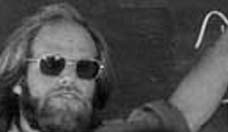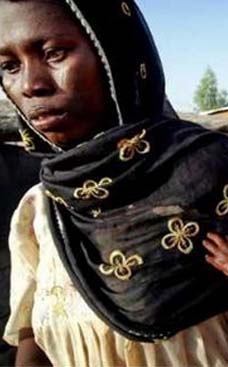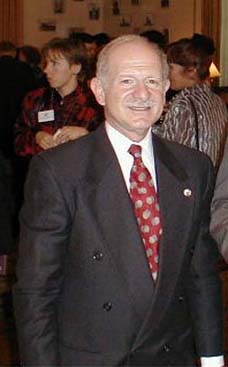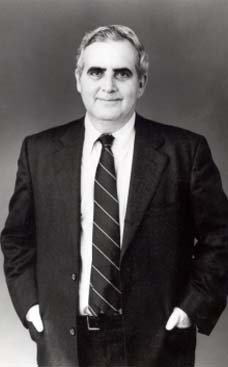
“Blinding Light” reads like three linked novellas, each showing sparks of brilliance. The first is a biting satire on tourism, expressing Theroux’s familiar contempt for travelers who collect destinations without sophistication or cultural awareness. The second is an erotic fantasy, moving from scenario to kinky scenario, each described in juicy detail. The third is an exploration of the creative powers of the mind, which can be both restorative and destructive. Author Paul Theroux served as a Peace Corps Volunteer in Malawi in the 1960's.
Paul Theroux’s new novel takes a demanding trip through sex, drugs, travel — and blindness
Theroux’s new novel takes a demanding trip through sex, drugs, travel — and blindness
Reviewed by Richard Layman
BLINDING LIGHT
by Paul Theroux
Houghton Mifflin, $26, 438 pages
Paul Theroux: 64 years old; among the most widely traveled of serious American writers; a superior prose stylist; author of some two dozen novels, seven volumes of short stories, 16 volumes of nonfiction, two children’s books and a play.
Recurring literary devices: Satirical portrayals of know-nothing tourists; curmudgeonly narrators; use of real people, including himself, in his fiction; excursions involving self-discovery; extended treatment of sexual fantasy.
“Blinding Light” is a characteristic Theroux novel about Slade Steadman, a famous travel writer who has related problems: impotence and writer’s block. His long-term relationship with Ava, a physician, has gone stale, and they take what is intended as a farewell guided “drug tour” to Ecuador, which promises an experience with a mind-altering jungle herb.
During the trip, Steadman introduces himself to masks and the blindness they offer, whether real or figurative.
“What people knew of you diminished you, robbed you of your strength,” Steadman observes. “You were never stronger than when they were in the dark.” Steadman discovers that his sexual vitality is restored when neither he nor his lover can see one another.
“You are a pornographer,” Ava says. “Yes, he thought, the truest expression of our being is our passionate engagement in the act of sex.”
Then comes the drug, an herbal mask offered by a boorish German hack writer on the tour, who discovers a medicinal plant not offered to the others. It causes enlightening blindness in selective users, including Steadman.
His loss of sight causes him to be “hyperreceptive to all physical stimuli,” and his libido is freed from the shackles of reality. His drug trance was “a starry night of unlimited knowing in dripping stipples of color.” That is Part One.
The second part of “Blinding Light” takes place after Steadman and Ava return to their home on Cape Cod. He has become addicted to his drug. He takes it every morning before beginning work.
Physically blinded by the brightness of his imaginative powers, he dictates a novel of his sexual resurrection to Ava, who has taken a leave of absence from her hospital job to assist him.
Prompting one another, they weave a tale of sexual fantasies during the day, and, his sight restored, act it out at night. When his novel is completed, Steadman — regarded now as a genius, all the more admirable because of his blindness — becomes a favored celebrity among his acquaintances on the Cape, including William Styron and a visiting president with a secret and an uncontrollable libido of his own.
The third part of “Blinding Light” is predictable enough. Steadman, who feigned blindness, must come to terms with the long-term effect of his drug and struggle with the consequences of being the person he has pretended to be. He finds that true creativity is a painful, entirely personal process he must endure without artificial aids.
He made a pact with the devil, and the price was high. Steadman must finally endure the blinding light of self-scrutiny.
“Blinding Light” reads like three linked novellas, each showing sparks of brilliance. The first is a biting satire on tourism, expressing Theroux’s familiar contempt for travelers who collect destinations without sophistication or cultural awareness. The second is an erotic fantasy, moving from scenario to kinky scenario, each described in juicy detail. The third is an exploration of the creative powers of the mind, which can be both restorative and destructive.
Despite its too-abrupt ending, parts that seem a bit disjointed, the often-strained blindness metaphor, accounts of sexual escapades that challenge the imagination and the self-indulgent references to real people, “Blinding Light” is a novel that rewards attention.
Really.
Layman is vice president of Bruccoli Clark Layman Inc.












